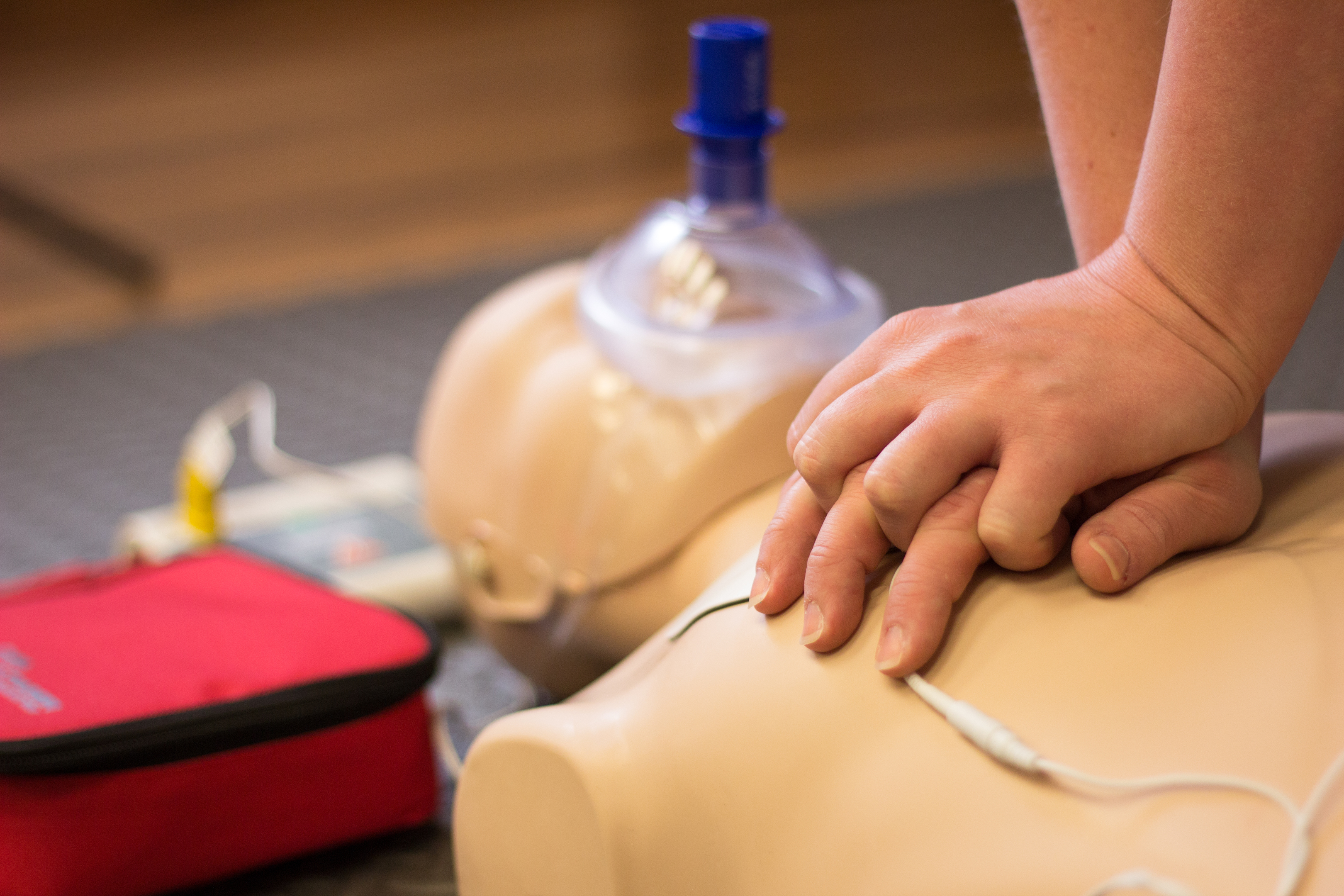
SCOTS firefighters will no longer respond to medical emergencies after a dispute over a new pay deal.
Crews across Scotland have saved dozens of lives since the launch of a trial allowing them to help cardiac arrest victims if they can arrive at the scene before paramedics.
The latest figures show that within the first year of the trial, which began in November 2015, fire crews were called out to 146 suspected heart attacks, using a defibrillator 71 times and helping save 41 lives.
But the successful trial has now ended after a new pay offer was rejected by the Fire Brigades Union (FBU).
In a memo sent to staff and seen by The Sunday Post, Scotland’s chief fire officer Alasdair Hay said he was “deeply concerned”.
He said: “This is a very disappointing decision by the FBU as people are alive today because of the interventions of our dedicated firefighters.”
Matt Wrack, FBU general secretary, said the 2% pay rise was knocked back because it didn’t address “years of falling wages”.
But last night, the mother of a Moray teenager killed in a road accident said she was “flabbergasted” that the lifesaving trial was being stopped.
Keiran McKandie died after a collision while out on his bike near Elgin in March 2016.
An ambulance took almost 30 minutes to arrive at the scene from 38 miles away, while the nearest fire crew – equipped with life-saving equipment at their station just a few miles away – knew nothing of the unfolding tragedy.
Keiran’s mum Sandra said: “There are lives at risk here. We are 18 months down on this horrific journey since Keiran died and it’s so upsetting to think that there hasn’t been a real change.
“There needs to be an integrated service between the emergency services and it needs to happen now, there is not enough urgency.”
Moray MSP Richard Lochhead, who has backed the McKandies’ campaign for the emergency services to work more closely together, said he would be raising the issue in the Scottish Parliament.
He said: “Firefighters I have spoken to feel very strongly they can save lives when they are able to get to incidents sooner than the nearest ambulance.”
FBU Scotland regional official Denise Christie said firefighters wanted the trials to continue, but insisted the decision to reject the new pay offer was a democratic one.
She said: “Our members have been performing this additional work for no extra payment.
“The chief officer wants to continue the partnership but so does the FBU. We’ve always been open to discussion and negotiation about the changing role of firefighters.
“But we need to make it clear that a new package must be supported with investment from the Scottish Government because it’s unacceptable to us if it is funded by further cuts to the fire service.” A spokeswoman for the Scottish Ambulance Service said the partnership had helped save lives but insisted that its end would not impact on its operations.
She added: “The matter now sits with the fire service but we will always be open to future discussions.”
Although the trials have now ended, there is a realistic chance they could return in the near future as the fire service plots major changes to the role of firefighters. As The Sunday Post revealed earlier this month, a vision of fire crews being able to respond to terrorist attacks, help elderly people live safely at home and assist with medical emergencies has been put forward.
However, the changes will only come into place if a new pay deal is agreed.
Assistant chief fire officer Lewis Ramsay said: “The fire service exists to save lives and our priority will always be the safety of the people of Scotland.”

Enjoy the convenience of having The Sunday Post delivered as a digital ePaper straight to your smartphone, tablet or computer.
Subscribe for only £5.49 a month and enjoy all the benefits of the printed paper as a digital replica.
Subscribe